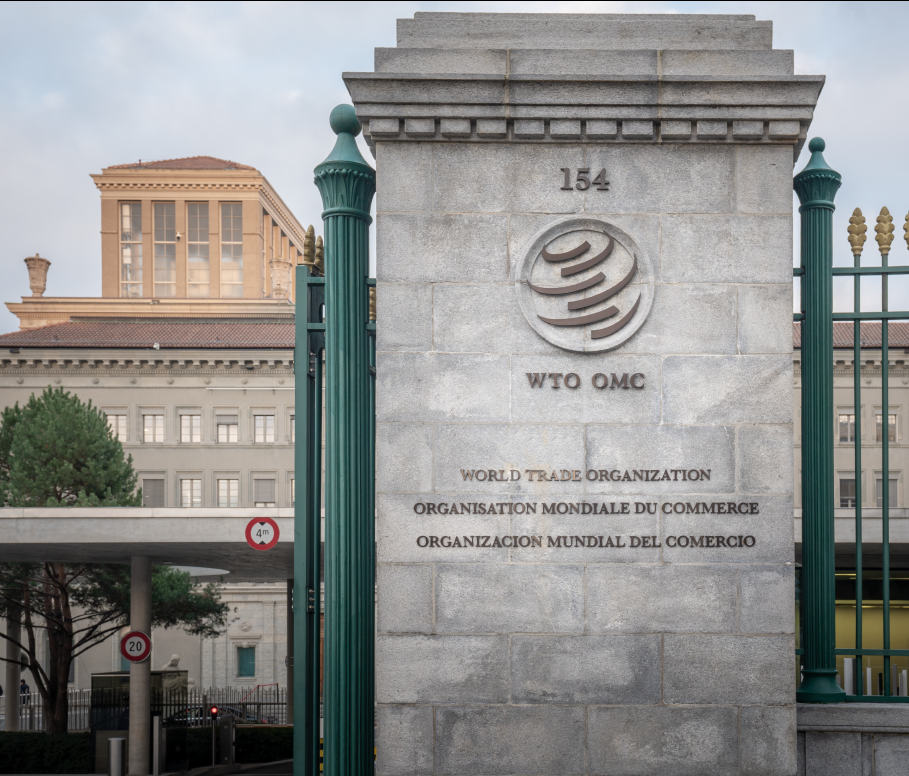Geneva Network recently convened an engaging discussion on the impact of trade policy on COVID-19 vaccine manufacturing and access. In the lead up to the World Trade Organization’s (WTO) November Ministerial Meeting, experts in trade, economics, and intellectual property (IP) underscored how strong trade policies are needed to ensure global vaccine equity, and other Covid-related goods get to those who need them. Further, the panel noted the vaccine access issues to date have not been due to production. Rather the issues have largely centered on distribution and on-the-ground challenges, making proposed “solutions” like the TRIPS waiver ineffective and even harmful.
The themes discussed in the Geneva Network session are important reminders for what global leaders should be focusing on to as they prepare for the upcoming WTO Ministerial Meeting at the end of the month.
Global trade is important for COVID-19 vaccine manufacturing and distribution, and distribution barriers are currently preventing vaccine equity.
Simon Evenett, Professor of Economics at the University of St. Gallen and Founder of the Global Trade Alert, explained some of the complexities associated with the manufacturing of COVID-19 vaccines. The companies engaged in manufacturing of these vaccines “need to be able to ship …ingredients and pieces of capital equipment to the factories, the factories have got to ship the bulk vaccines to the fill and finish facilities, and then they've got to ship them to the final point for distribution.” Evenett underscored that “every time [a vaccine] crosses a border, it implicates trade policy.”
He further emphasized how issues around vaccine equity have centered on distribution rather than production, noting “the world has produced 8.6 billion doses [of the COVID-19 vaccines] and forecast by the end of the year to have 12 billion… Production scale up has been impressive and will do the job,” saying it’s now about the distribution. Fredrik Erixon, Founder of the European Centre for International Political Economy in Brussels, also stressed “it’s a distribution issue not a production issue,” adding “we need more investment in the capabilities of countries.”
IP protections continue to drive progress, and maintaining incentives are important.
Douglas Lippoldt, Non-Resident Senior Fellow at the Centre for International Governance Innovation in Canada, reflected on the amazing progress that has been made in the fight against COVID-19, “if we have seven drugs, from zero to shot in the arm, approved by WHO in short order, this is a remarkable achievement.” He credited this effort to IP, which enables pharmaceutical innovators to “fragment their production” and identify and work with trusted partners in a market mediated way that has “led to greater efficiency, cost saving in the sector and faster diffusion…in a way that’s benefitted populations around the world.”
While IP has facilitated significant progress, Erixon emphasized that it’s important to maintain production incentives and other incentives to ensure innovators are supported and protected. “Most firms have fought to scale up production as fast as possible and they've often done it by contracting with competitors, licensing their IP and sharing know-how and other trade secrets with other companies. We need to make sure that there are incentives for them to continue to do this and ideally…become a lot more welcoming to investments that will be made by some of these companies to establish production facilities in parts of the world where they do not exist right now.”
There are barriers to vaccine manufacturing and distribution, but IP isn’t one of them.
While the experts discussed tariff and non-tariff barriers impeding global COVID-19 vaccine access, they emphasized that IP isn’t a barrier – a point that is particularly important as world leaders discuss proposals to address vaccine equity. Erixon pointed out, for example, that the “countries [who] are campaigning to waive these IP rights [are] creating long-term problems rather than opportunities.” Evenett stated directly that the “TRIPS [IP waiver] is not a solution.” Rather, Lippoldt suggested, we should create a multilateral framework that facilitates the openness of innovation exchange – which is possible through IP rights and protections.
The World Trade Organization and global leaders should focus on addressing trade barriers that support the flow of goods to tackle the COVID-19 pandemic while ensuring that the innovation incentives exist to meet future challenges. These solutions-orientated discussions will go much further to achieve real progress while paving the way for continued life-changing innovation.
“The World Trade Organization and global leaders should focus on strengthening protections and incentives that support the flow of information and goods to tackle the COVID-19 pandemic and future challenges.”


